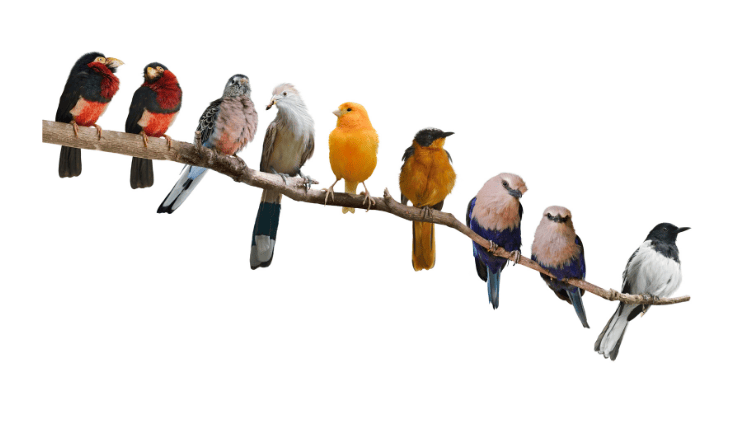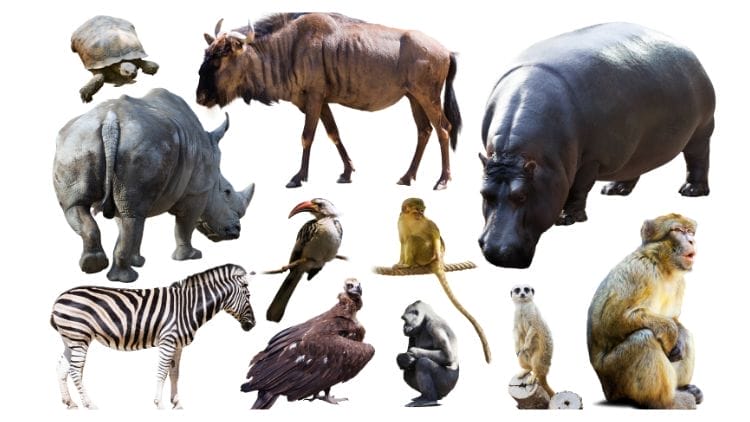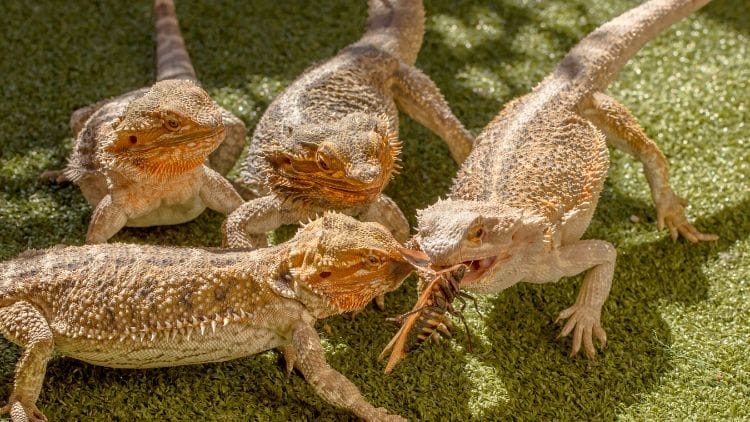Scorpions fall prey to a variety of animals, including birds, mammals, and reptiles. Each predator employs unique strategies to overcome the scorpion’s defenses, such as its venomous sting and tough exoskeleton.
Birds

Birds, particularly owls and raptors, are among the most notable predators of scorpions. Their exceptional eyesight and swift movements make them adept at spotting and capturing these nocturnal arachnids.
Owls, for instance, utilize their silent flight to sneak up on and snatch scorpions, often consuming them whole. This ability not only showcases their role as natural pest controllers but also highlights the intricate balance of nighttime ecosystems.
Mammals

Small mammals such as meerkats, mongooses, and certain rodents have evolved specific strategies to handle the threat posed by scorpions. These creatures are characterized by their agility and quick reflexes, enabling them to dodge scorpion stings effectively. Meerkats, for example, are known for their cooperative hunting tactics and immunity to certain types of venom, allowing them to tackle scorpions as a part of their diet. This interaction underscores the adaptive evolution of mammals in response to their environment and available food sources.
Reptiles

Lizards, including geckos and desert monitors, along with some snakes, actively seek out scorpions as a food source. Their success in hunting scorpions can be attributed to their speed, stealth, and in some cases, a partial or full resistance to scorpion venom. This relationship exemplifies the predator-prey dynamics in arid and desert ecosystems, where scorpions are plentiful.
Amphibians
Certain species of frogs and toads also prey on scorpions, utilizing their quick tongue flicks to capture and consume these arachnids. The thick skin of these amphibians offers some level of protection against scorpion stings, showcasing an unexpected predator in the ecosystem. This interaction further illustrates the diversity of scorpion predators and the wide range of adaptations that evolved to exploit scorpions as a nutritional resource.
Arachnids
Within the arachnid world, larger scorpions do not hesitate to prey on smaller scorpions, especially under stressful conditions such as food scarcity. This intraspecific predation, also known as cannibalism, highlights the harsh realities of survival in challenging environments, where competition for resources can be fierce.
Insects
Large, predatory insects like centipedes and certain beetles also pose a threat to scorpions, particularly the younger or smaller individuals. These insects use their size, speed, and venomous capabilities to overpower scorpions, adding another layer to the complex web of interactions within ecosystems.
The Role of Scorpions in the Ecosystem
Scorpions play a dual role in their ecosystems, serving as both predator and prey. As predators, they help control populations of insects and other small creatures, maintaining ecological balance. When scorpions become prey, they contribute to the diet of a variety of animals, illustrating their importance in the food web. This balance ensures the health and sustainability of their habitats, highlighting the importance of each species in maintaining ecological equilibrium.
Protecting Scorpion Habitats
Conservation efforts for scorpion predators are crucial in preserving biodiversity. Protecting habitats ensures the survival of scorpions and their predators, maintaining the balance of ecosystems. Human activities, such as urbanization and pollution, pose significant threats to these habitats. By promoting conservation initiatives and reducing human impact, we can protect these unique creatures and their environments.
FAQ
How Do Scorpions Defend Themselves?
Scorpions rely on their venomous sting and tough exoskeleton for defense. The venom can incapacitate or kill predators and prey alike, while their exoskeleton provides protection against physical attacks.
Can Scorpions Be Beneficial to Humans?
Yes, scorpions can be beneficial by controlling populations of insects and pests. Additionally, research into scorpion venom has potential medical applications, including pain management and combating diseases.
What Are the Biggest Threats to Scorpions?
Habitat destruction, pollution, and climate change are significant threats to scorpions. These factors disrupt their living conditions and food sources, posing risks to their survival.
How Can I Safely Observe Scorpions in the Wild?
To safely observe scorpions, maintain a respectful distance and use a UV light to spot them at night, as their exoskeletons fluoresce under UV light. Avoid touching or disturbing them to ensure both your safety and their well-being.
Are Scorpions Endangered?
While most scorpion species are not currently endangered, habitat loss and environmental changes threaten their populations. Conservation efforts are necessary to protect vulnerable species.
What Should I Do If I Find a Scorpion?
If you find a scorpion, it’s best to leave it undisturbed. Scorpions typically avoid human contact and will only sting in self-defense. Ensure your home is sealed to prevent scorpions from entering.
Conclusion
The natural world is intricately connected, with each creature playing a specific role in the ecosystem. Scorpions, fascinating and often misunderstood, are an essential part of this balance. Understanding the animals that prey on scorpions opens a window into the complex interactions that sustain biodiversity. By appreciating and protecting these relationships, we ensure the health of our planet for future generations.


You May Also Read